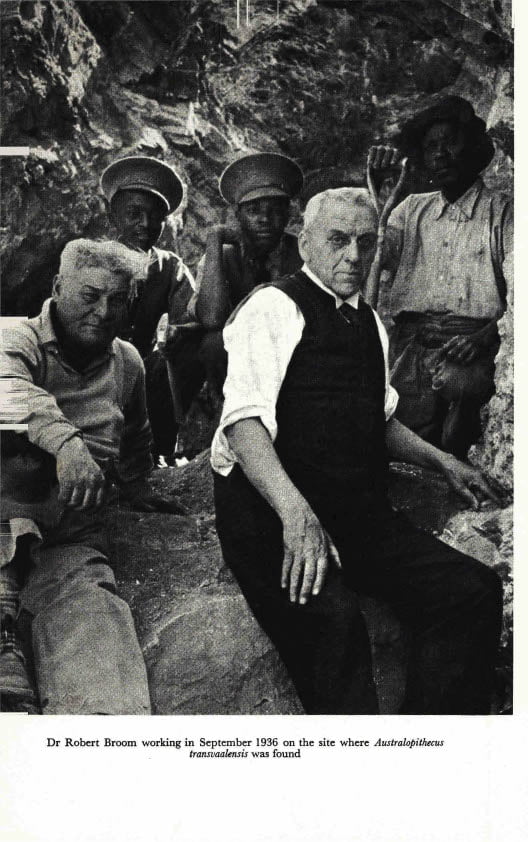Better than they knew.
This book arose out of the Festival of English (1970) which was jointly sponsored by The South African Council for English Education and The English Academy of Southern Africa.
Habits of a Free Man
The purpose of this book is to fill some of the gaps which still remain in the great but relatively neglected story of what English-speaking people have given South Africa, The task was not undertaken in a vain or boastful spirit: there was nothing jingoistic or chauvinistic about the idea; nor was there any intention to disparage any other section or what they did.
South Africa, as we know it today, is the product of the work and thought of many peoples of all colours and creeds down the centuries. There was the courage, rugged tenacity and the unique gift for politics of the Afrikaner ; the patience, the cheerfulness and the genius for human relationships of the African; the business enterprise, the charity and the mysticism of the Asian; the technology and the genius for administration, the inborn respect for law and order and the rights of the individual of the English-speaking.
The common South Africanism at the heart of all these qualities is not impaired, and can only be nourished, by defining and recording the contribution of each group. So, at a time when the emphasis falls inevitably on the Afrikaner’s realization of his republican dream, it is not inappropriate to recall what the English-speaking have given to modern South Africa morally, materially, artistically, educationally, scientifically, politically and socially.
The tenth birthday of the Republic took place one year after the 150th anniversary of the arrival of the first substantial wave of immigrants to come to these shores from the United Kingdom. What did those hardy men and women bring to this land? One of their descendants, Donald Woods, Editor of the Daily Dispatch of East London, has, I believe, given the real answer. In a commemorative article in his paper he pointed out that people today tend to put the 1820 Settlers on a pedestal and invest them with qualities they simply did not have.
‘We praise them for making their way over the seas to bring civilization to Africa and to implant in our soil lively sentiments of democracy, justice and liberty. But they weren’t like that at all. And they did not come here to do anything of the sort. It would be too uri-English to do that sort of thing-no, they came here basically because they did not have
jobs.’ They came in search of a better living. But what they did bring, Woods shrewdly points out, was something perhaps far more important for South Africa: they brought with them the habits of free men.
‘They brought the acceptance, as part of their English life, of the fact that men are innocent until proved guilty, that men have the right to say what they like within the normal limits of law, that men have the right to print what they like and read what they like within these same limits, and that every man is entitled to a decent living, if he works for it….
‘The habits of free men implanted in this soil unknowingly by the 1820 Settlers’, Woods concludes, ‘are hardy plants which will survive the present political drought. They have taken root, as the Settlers had to do, or die, and they will endure as the Settlers did in their time.’
Ninety years after the arrival of the Settlers, South Africa, in its present poltical form, was born: a constitutional entity made up of two British colonies and two former Republics which had been conquered by British arms but given back their independence in, for the times, an unprecedented act of political generosity-and wisdom. Though now called Republic, it still is the Union of South Africa. ‘Ex unitate vires’ was-and still is, ironically in some ways-its motto. And although the acts of successive governments and the actions of some of its peoples often belie the intentions of that admirable motto, the ideal remains the same.

A Republic, free and independent and divorced from Britain and the Commonwealth of Nations, was the attainment of a political and constitutional ideal for Afrikanerdorn, the culmination of a long and often bitter struggle for political supremacy, the final shot, as it were, of the South African War. It is a fact and it will not be undone. Those who do not share Nationalist Afrikanerdorn’s ideals, Afrikaans as well as English- speaking, could not be expected to share the enthusiasm of their Republican-minded compatriots on the attainment of this goal in 1961. Some of them were sad that the links with Britain
were being broken; some of them grieved over the end of
South Africa’s membership of the world-wide Commonwealth and all it meant to this country and its people, strategically, culturally, socially, spiritually and politically. With insignificant exceptions, however, all finally accepted the coming of the Republic.
Read more below:
References:
This is a modified extract from the following source: R. M. de Villiers., 1972. Better
than they knew. Published by: PURNELL & SONS(PTY.) LTD., Cape Town.If you would like to contribute to this archive or to a specific document please contact us.
